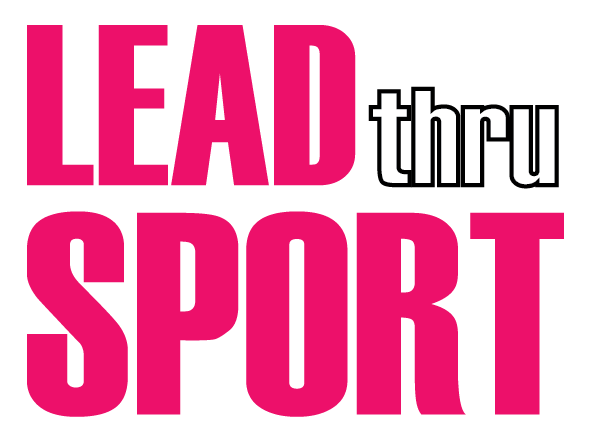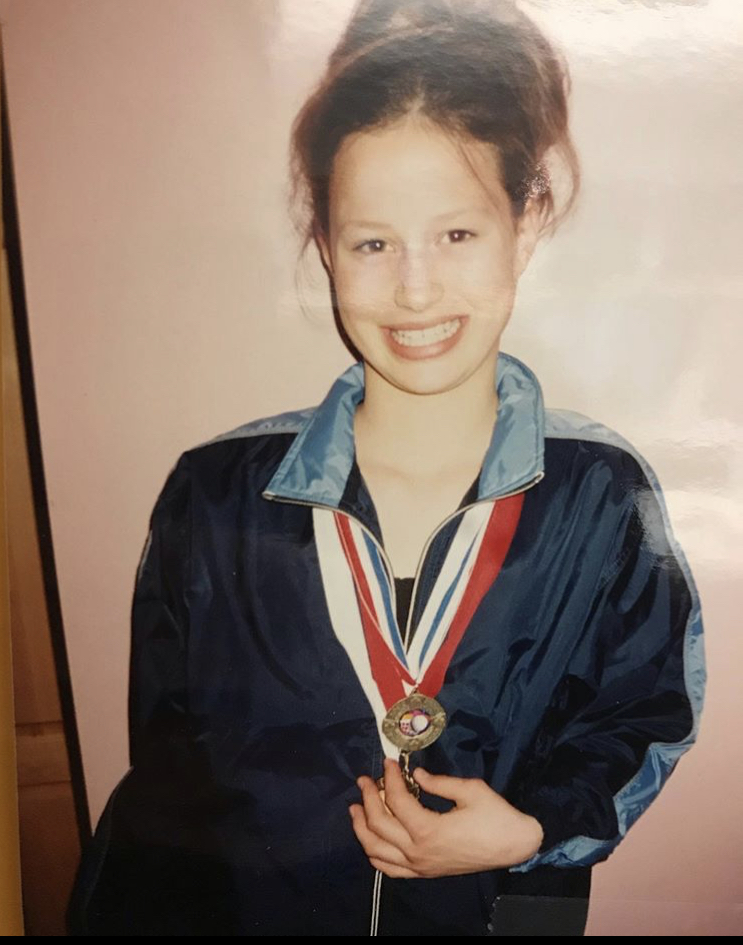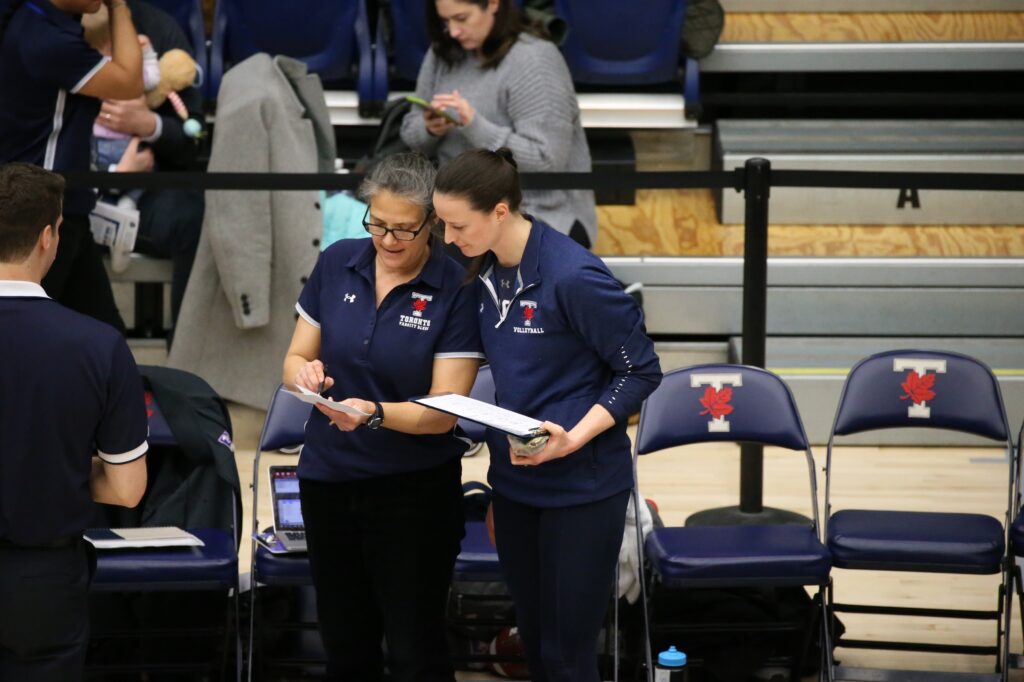
WEEK #44: ALIX K.
Please tell us a little bit about yourself.
I’m originally from Winnipeg, Manitoba the second youngest of five kids and I joke that I was made for team sport because I essentially grew up and was raised in a team sport environment. I was always and only ever played team sports. I started out in soccer, basketball, and volleyball, but eventually gave up soccer to play both basketball and volleyball. I was fortunate to grow up in a time where I could play two sports, although there was constant pressure to pick one. I played club and high school volleyball and high school basketball and at the end of my grade 12 year was privileged to have offers to play both volleyball and basketball at the post-secondary level. I ultimately made the choice to play volleyball, and to this day often think about what my experience would have been like if I had picked basketball. I think I chose volleyball because at a young age I was told that I should probably stick to basketball “I was better suited for it” and that bothered me. I played 4 years of post-secondary volleyball at the University of Winnipeg and also represented Manitoba at the Canada Summer Games in 2009 where we won a gold medal. Looking back on my playing career, the Canada Summer Games was hands down my favourite volleyball memory for a number of reasons.
What sparked your passion for sport? How can it be shared with others?
I got into coaching more seriously when I finished playing and I’m honest about the fact that up until this point I often viewed coaches in a negative light. So I went into coaching determined to not coach the way I had been coached. The more I coached, the more I realized how difficult it was to be a coach and how few female coaches there were. The curiosity to understand coaching better is what drove me to pursue a master’s degree that explored coaching and sport ethics. Specifically, my master’s thesis—which is published in the Routledge handbook of Athlete Welfare– explored the verbal and mental abuse of elite female volleyball players in Manitoba. At the conclusion of my time as a master’s student I quickly realized that I had only begun to explore all the questions I had about coaching, so for me a PhD was an obvious next step. Eventually, I found my way out East to Ontario where I have been coaching (as an assistant coach at the University of Toronto) and completing a PhD (at York University) for the past 5 years. My dissertation examines, through an intersectional lens, the work and professionalization of university sport coaches with an emphasis on the gendered division of labour that exists in sport broadly and sport coaching specifically.
Given my coach-researcher identity I often describe myself as a theoretical practitioner, or as a person who is constantly putting into practice what I’m theoretically learning. I have also had the opportunity to publish my own works on understanding how federal sport policy supports or does not support, the mentorship of beginner female sport coaches across Canada. This work lead me to work with Rugby Nova Scotia on a re-write of their gender equity policy, which is still in progress. In addition to currently being a full time PhD student and part time assistant coach, I also was recently appointed the position of head coach for the 2022 Canada Summer Games Manitoba Women’s volleyball team. This appointment is particularly near and dear to my heart as I previously mentioned that my time at the 2009 CSG was my favourite sport experience. I’m hoping that alongside the amazing coaching staff that I now find myself working with, we will be able to recreate a similar experience.
What elements of leadership parallel your sport and life leadership?
When it comes to coaching my mission is to use courage, compassion, and curiosity to build a sport community where everyone is empowered to become the best version of themselves. For me most of what occurs in the world can be explained by relations of power, who has it and who does not, and so for me I think the biggest element of my
leadership in life and sport is empowerment, which is power to and with, not power over. Further it is my belief that you cannot create empowerment if your systems and/or the foundation of what you do privileges only one type and/or group of people. As such, inclusion needs to be at the core of and/or needs to be a thread throughout what you do as a leader. I think there are a lot of spaces/places in sport that provide access, but not necessarily inclusion, which is tethered to a deeper sense of belonging: And, because this is far from simple the work of inclusion needs to be constant and ongoing.
What advice do you have for parents, coaches, or sport administrators to improve inclusion in sport?
Based on my answer above, I suppose what I would offer to parents, coaches and sport administrators is the ability to question and think critically about their environments including, who is included and who is not and who is privileged and/or centered in those environments and who is not. Since this is far from simple, a dynamic approach to inclusion is warranted; one where people are provided education and support to question their taken for granted assumptions and in so doing potentially, disrupt the current systems operating within their organization the privilege certain groups of people over others.
5 words that best describe me are:
PASSIONATE | CURIOUS | CARING | COLLABORATIVE | PERSISTENT




